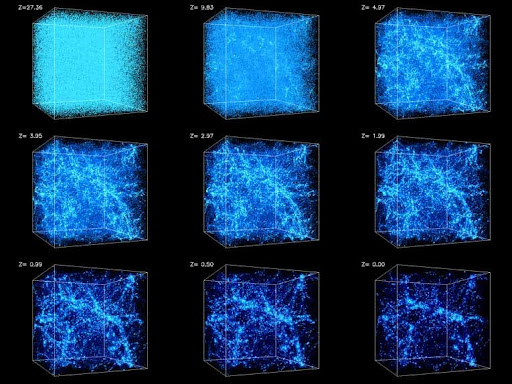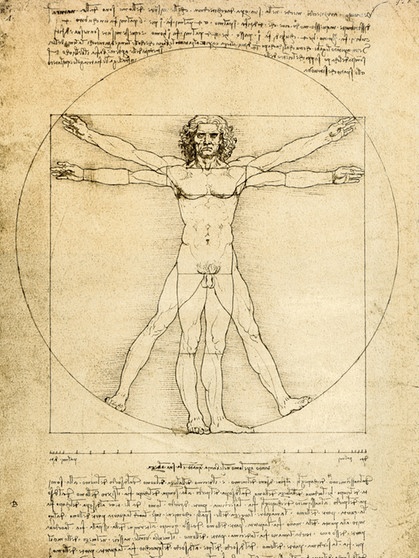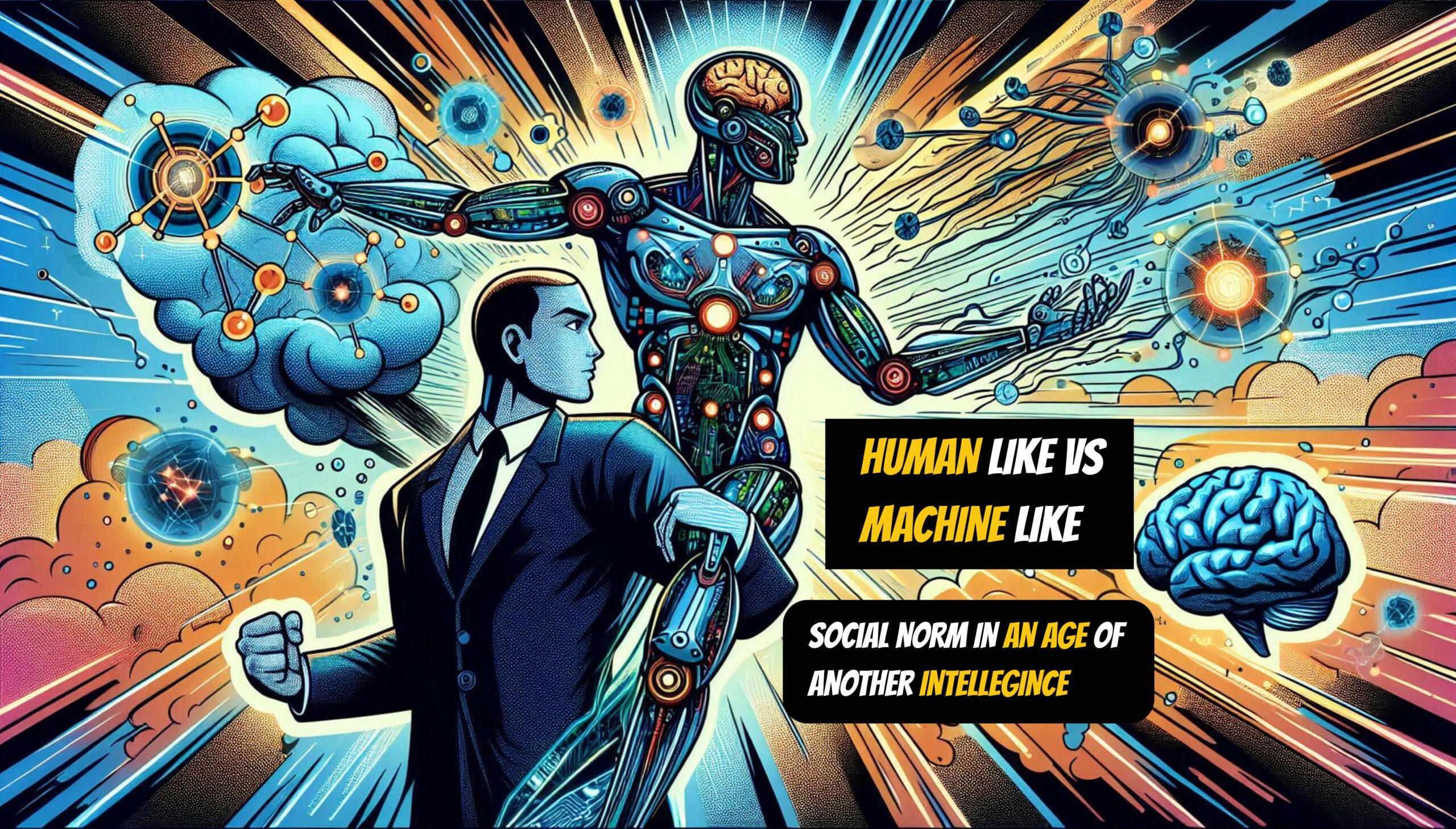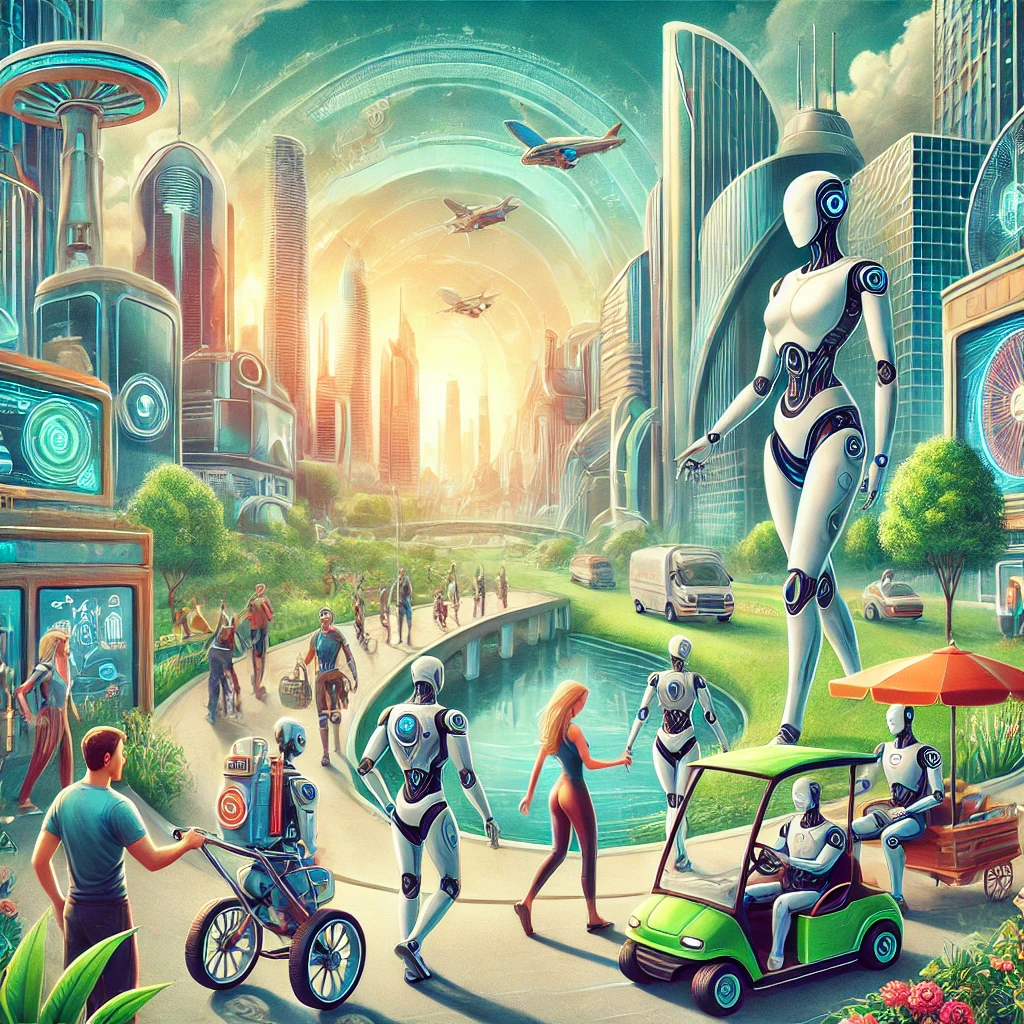Course Overview:
In this transformative era, our course will embark on an intellectual journey into the realms of artificial intelligence (AI), exploring its theories and designs through the lens of social and ethical considerations. We are at a pivotal moment in history, where the evolution of technological intelligence, born from computational algorithms and machine learning, is reshaping our world. This course aims to dissect the implications of these advancements, questioning the very fabric of human and technological coexistence and biological and technological difference.
Context and Background:
The 21st century has witnessed a global destabilisation of political climates and social frameworks, influenced heavily by biopolitical forces and the Anthropocene—a term Elizabeth Povinelli describes as the interplay between biopower (Living Matter) and geontopower (Non-Living Matter). This era of technological advancement, characterised by a computational revolution, challenges our preconceived notions of AI and its capabilities. The blur between human and technological nature has never been more pronounced, necessitating a critical examination of AI’s role in our technologically mediated lives. The philosophy of Gilbert Simondon joins these historically separated realms and renders possible a common bio-technological evolutions through “individuation”.
AI’s computational models offer unparalleled insights into our world, transcending the limitations of human senses and understanding. This course will explore the historical context of computation, initially aimed at simulating biological phenomena, and its evolution into a tool for archiving, classifying, and indexing Earth’s geological and biological data.
Philosophical Foundations:
Drawing on Henry Bergson’s distinction between biological and anorganic matter, highlighted by the concept of Élan Vital, we will delve into the philosophical underpinnings of life’s driving forces. This exploration will extend to Aristotle’s notions of energeia and dynamis, providing a framework for understanding the dynamic interplay between potentiality and actuality in both nature and technology. Friedrich W. J. Schelling’s philosophical influential work “Ideas for a Philosophy of Nature ” shall give us a guideline for an idea for a General (other) Intelligence.
Course Themes and Objectives:
- AI and Design: We will interrogate the role of design in the age of generative AI systems. What constitutes design when creativity can be algorithmically generated? This segment will explore AI as both a collaborator and a disruptor in the creative process.
- Creativity and Novelty: The course will examine the nature of creativity and novelty through the lens of human and computational collaboration. Is AI fostering a new form of creativity and work/living environment, or merely replicating a progressive nostalgia through its interpolation of data?
- Data and Society: Every aspect of our world translated into data will be scrutinised, from sociocultural and political angles to ethical and labour considerations. What does the proliferation of data sets reveal about our society, and how do these insights shape our understanding of AI? Is there a legacy of AI?
- Ethics and Responsibility: A critical analysis of the ethical implications of AI development and deployment will form the cornerstone of our discussions. We will explore the responsibilities of AI creators and users in navigating the complex moral landscape that AI inhabits.
Methodology:
Through a blend of lectures/seminars, and active discussions, students will engage with AI technologies, theoretical frameworks, and ethical dilemmas. Collaborative projects will encourage exploration beyond traditional boundaries, fostering an environment of critical thinking and innovative problem-solving.











